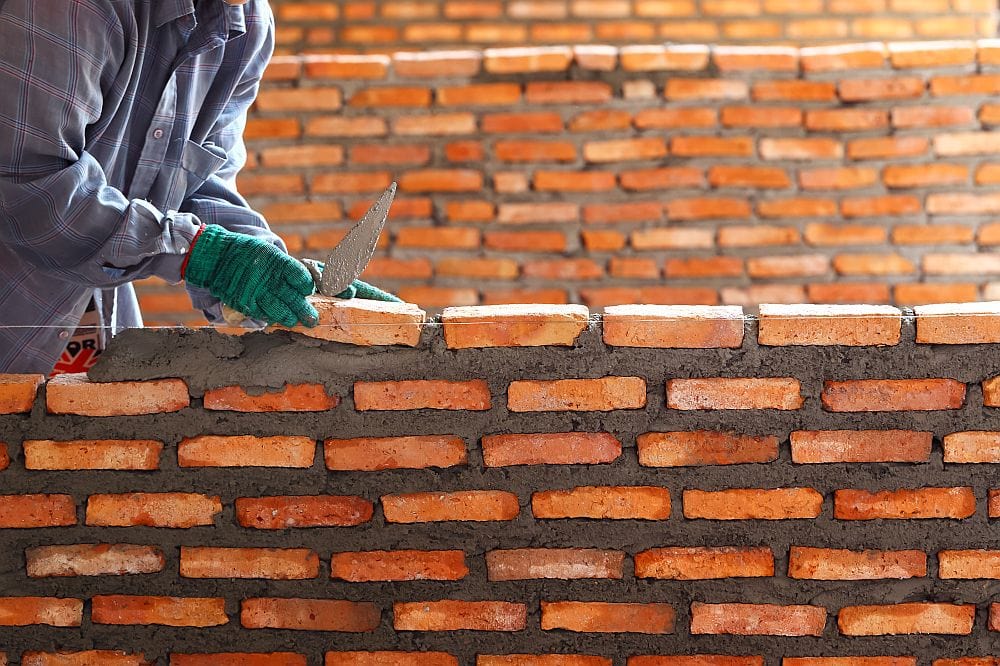Researchers at the University of the West of England say they have developed an automatic system for detecting surface defects invisible to the naked eye in ceramic tiles. Their system can detect pinholes, crazing, rough or dull glazes and other imperfections – even on tiles that are textured or feature relief patterns – the researchers say. UWE researchers, in collaboration with colleagues at the University of Bath and Fima Surface Inspection Ltd. are constructing a demonstration model of the new system at UWE’s Machine Vision Lab in Bristol. The unit is based on photometric stereo technology, a field in which UWE has earned international recognition.
The research project has been partially financed by Great Western Research, a funding entity established to promote collaborations between quality research groups and local businesses in England’s south west region. Matching funding also has been provided by academic and private sources. “This three-year project will lead to significant advances in automating inspection of ceramic tiles. It could also have applications in other industries, where the quality of the surface is paramount, such as metals or shiny plastic components,” says Professor Melvyn Smith, director of the Machine Vision Lab. “It builds on our existing expertise in photometric stereo, and will be able to capture surface topography detail at extremely high resolution, at pixel level.”
According to the Fima SI’s chief technical officer Arwyn Roberts, “No commercial device exists so far for online detection and analysis of defects in material that is rapidly moving along a production line. This project with UWE and the University of Bath will allow us to become more competitive, as well as reducing the amount of waste materials.” UWE is hoping its new solution for detecting tile defects will also open up new markets in North America, the EU, China and India, and boost export revenues of the South West region.
CTT Categories
- Construction
- Material Innovations
Related Posts
The urban fabric of brick—Part 3: Innovations and the future of design
November 11, 2025
The urban fabric of brick—Part 2: Ancient brick history
October 28, 2025


